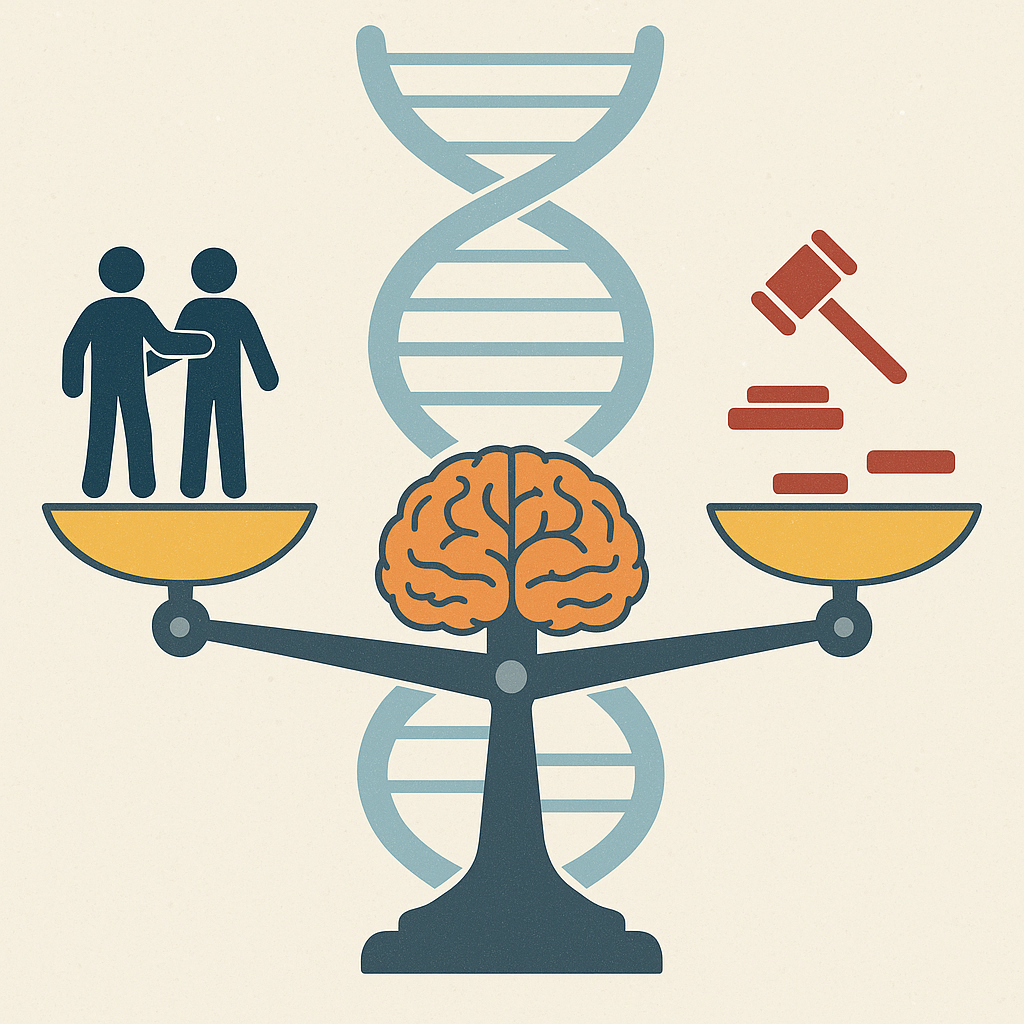
Although the times we live in would make us think otherwise, it is a general rule that human beings are inclined to cooperate, i.e. to bear a personal cost that does not benefit them directly but benefits another person, or the community. Why this happens remains a mystery from a scientific point of view, given that altruism is considered nonsense according to the more traditional (and outdated) interpretation of the theory of evolution.
Behind these social dynamics and behaviors, as many studies have now established, there is also biology: particular genetic configurations are associated with more or less altruistic or aggressive and individualistic behaviors. A group of scientists from the IMT School and the Universities of Pisa and Florence conducted a study, just published in the journal Scientific Reports, to further explore the role of genetics in prosocial, and therefore altruistic, behaviors.
The study was conducted within the framework of game theory, which offers the possibility of designing behavioural experiments using coded tests in which participants have to make choices, for example between self-interest and the common 'good'. According to classical economic theories, people should naturally be inclined to behave in an individualistic manner, maximising their own gain at the expense of others. However, large-scale experiments have shown that this is not the most common behaviour: human beings actually very often cooperate, whether out of empathy for others, because they conform to social norms that require it, or simply because they expect each other to behave in a reciprocal way when needed.
The researchers set up the experiment by recruiting 99 volunteers, who played the so-called 'public goods game' online. This is an experimental situation that represents a conflict between self-interest and common interest. The context of the game is similar to that in which many situations in everyday life take place. For example, a group of neighbours has to collect money to clean up a public park: if everyone participates, the park improves and everyone benefits; if one does not pay his share but still enjoys the park, the others might decide to sanction him.
In the online simulation, anonymous groups of four people called to play received 10 points each: each player could keep them or decide to pay them into a common fund, which was then doubled and divided equally. If everyone contributes, the group gain is maximum (20 points each); however, the convenience for a single person is to make no contribution at all, and still benefit from the common fund. In the simulation, after making his or her choice, the participant also had to guess the intentions of the others, how much he or she thought the others would or would not contribute.
In parallel with the game, participants were given a saliva sample to extract DNA. Eight genetic variants linked to serotonin and dopamine, two neurotransmitters that play a role in various cognitive and affective processes, from mood regulation to pleasure to motivation, were analysed in the laboratory. It is known, for example, that artificially reducing serotonin (e.g. with a diet lacking tryptophan, an amino acid found in many proteins, and which underlies it) leads people to cooperate less. An increase in dopamine in the brain is also associated with a decrease in altruistic choices. The aim was to see if the participants' different genotypes were associated with different styles of cooperation during play. And this is indeed what the study showed.
"In summary," explains Erica Ordali, a researcher at the IMT School and first author of the paper "the results show us that specific genetic variants seem to significantly influence not only behaviour, but also expectations about the behaviour of others. For example, those with a certain version of the gene that makes serotonin lower tend to contribute little to the common fund, and to imagine that others will do the same. Those with the gene that 'boosts' serotonin, on the other hand, seem to have more trust in others, and be more optimistic about their intentions. Similarly, yet another genotype, which makes brain dopamine more persistent, corresponds to a 'defensive' attitude, which assumes others' contributions will be low'.
Ultimately, the study highlights a 'genetic filter' that shapes our expectations of others, whether we are more inclined to suspect or share, and how we decide to help or punish. Knowing the genetic mechanisms behind cooperation could also help understand how to promote altruistic behaviour or manage selfish ones in societies, or even solve real social dilemmas, from law enforcement to climate change
Chiara Palmerini